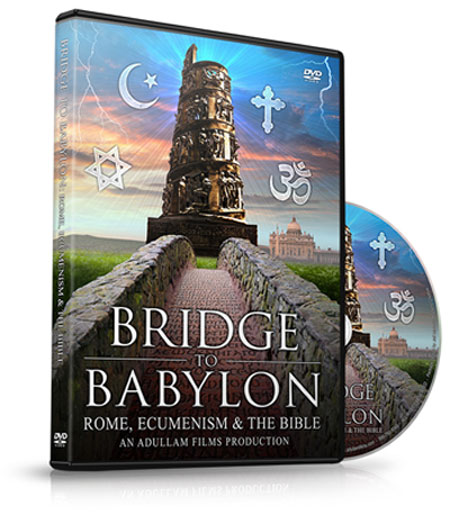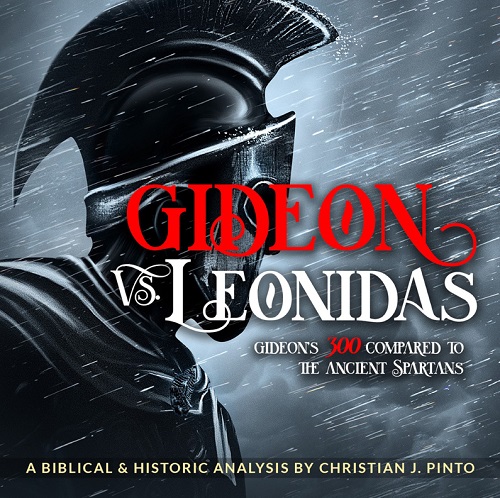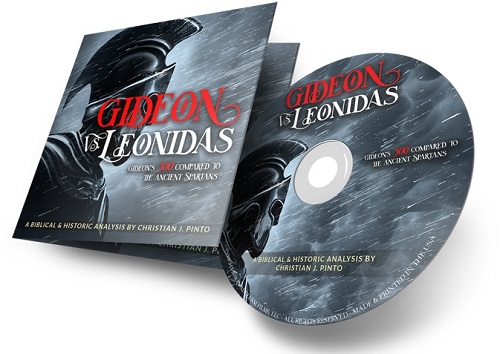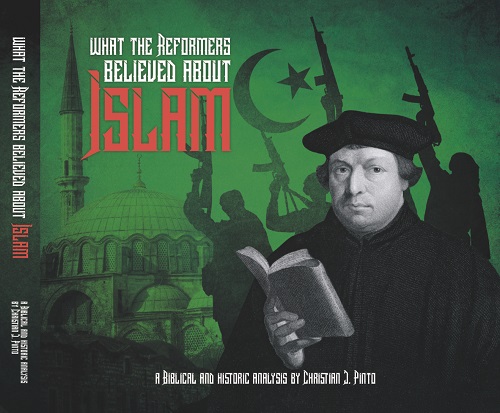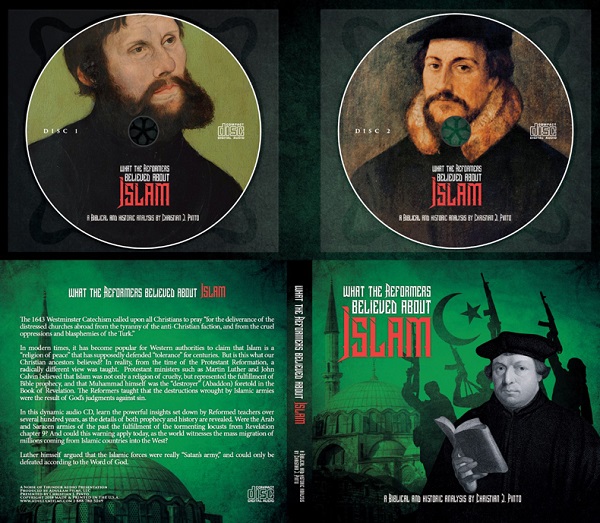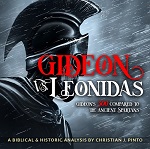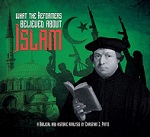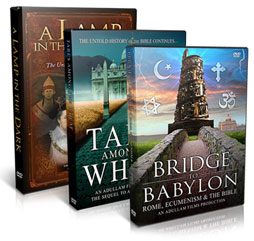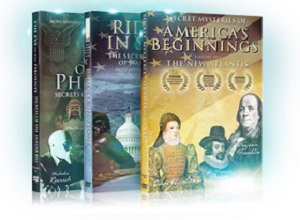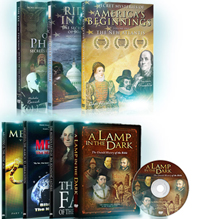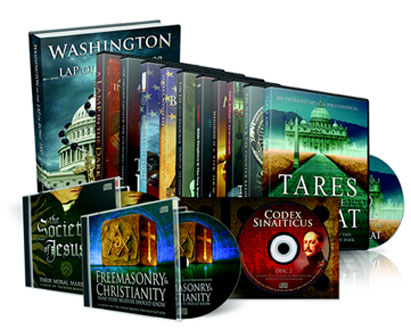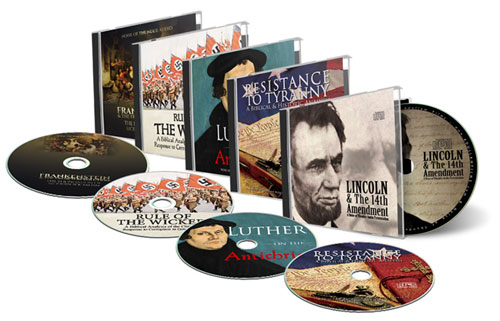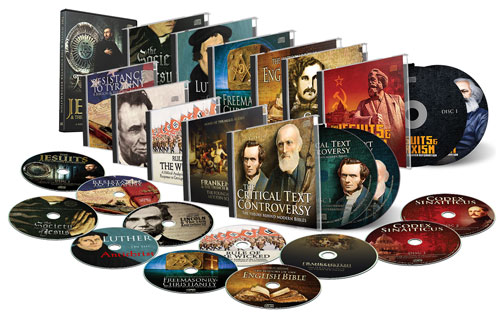Description:
The True Christian History of America is a powerful documentary, showing the Bible-based Christian origins of the early American view of freedom, tracing the principles of liberty back to England and the great Reformation.
For many years, Americans have been taught in our schools and universities that the founding of our Republic was the result of the Enlightenment from France, or from the deists of that time. But is that truly the case? Did the Enlightenment first declare no taxation without representation? Or trial by jury? Were they the champions of freedom of speech, or of the press? And why did Samuel Adams declare that the “reign of political Protestantism” would commence, just before signing the Declaration of Independence?
Filmed on location in the United States, as well as in England, Switzerland, and the Czech Republic, this insightful documentary contains unique interviews with experts from around the world, who relate how the champions of the Gospel pursued the cause of freedom across the centuries, and how it is their beliefs which are enshrined in the Declaration, the Constitution and the Bill of Rights.
At a time when America and the principles of freedom stand in peril, it has never been more important for the Christian world to reclaim its historic heritage. This documentary is perfect for churches, Bible study groups, homeschool parents, or anyone who desires to learn a detailed history on the influence of Christianity in the United States.
What you will learn from this documentary:
1) The Doctrine of the Lesser Magistrates, and its basis in Scripture, along with how it influenced the American Revolution.
1a) Thomas Paine’s admission that the Biblical arguments in his pamphlet Common Sense were derived from the teachings of the Puritans.
1b) The Treaty of Tripoli -- how its declaration against Christianity was refuted by a prominent founding father, and signer of the U.S. Constitution.
2) The Biblical origins of the Magna Carta of 1215 A.D., and its use by the founders.
3) How Magna Carta introduced the lawful right of resistance against tyranny.
4) The influence of John Wycliffe on the concept of God given rights.
5) The influence of the Wycliffe Bible of 1384 on government of the people.
6) How the death of Jan Huss impacted the origins of free speech.
7) The Hussite Wars and their influence.
8) Martin Luther’s influence on freedom of religion, and freedom of the press.
9) What Luther and the Reformers believed about the right of self-defense against tyranny.
10) The Reformed view of the Old Testament examples of war and whether or not New Testament Christians could engage in warfare like ancient Israel.
11) How Oliver Cromwell and the Puritans abolished the doctrine of the divine right of kings through the use of Psalm 149.
12) The English Civil War, and how it set the pattern for the American Revolution.
13) The French Huguenots and their influence on the American Revolutionaries.
14) How the English Bill of Rights in 1689 set the pattern for the American Bill of Rights.
15) Samuel Rutherford and Lex Rex (the Law is King) and its influence on the U.S. Constitution.
16) Why George Washington refused to be crowned king of America.
17) The Reformers influence on Thomas Jefferson, and the doctrine of man’s depravity.
18) John Adams on the history of the Christian founding of America.
19) Early American leaders who declared that Christianity is the only true religion, with proof that they never intended it should be counted equal with Islam or paganism.
20) Explanation from our original interviews with Constitutional lawyers about the Bible-based Christian worldview contained in the Declaration of Independence.
21) Harvard trained lawyer, Herbert W. Titus explains how the Constitution itself proclaims Jesus Christ as the Lord of “time” and of the United States.
Featuring original interviews with:
Pastor Matthew J. Trewhella, Dr. Peter Hammond, Rev. Charlie Styles, Herbert W. Titus, Kerry Lee Morgan, Dr. Alan Marshall, Stuart Orme, Dr. Zdenek Zalud.
SCREEN SHOTS
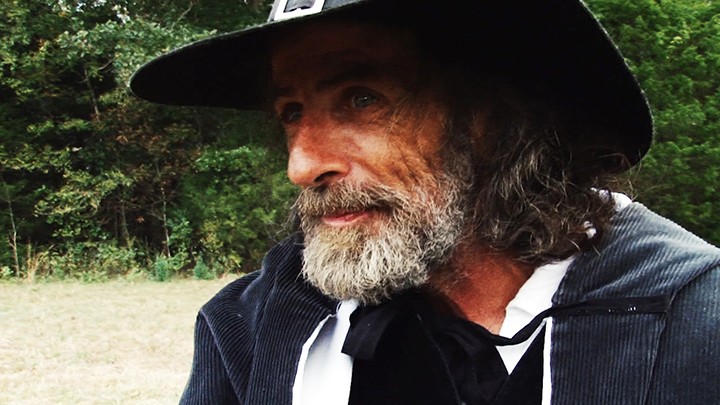
Actor John Hedgecoth as William Bradford
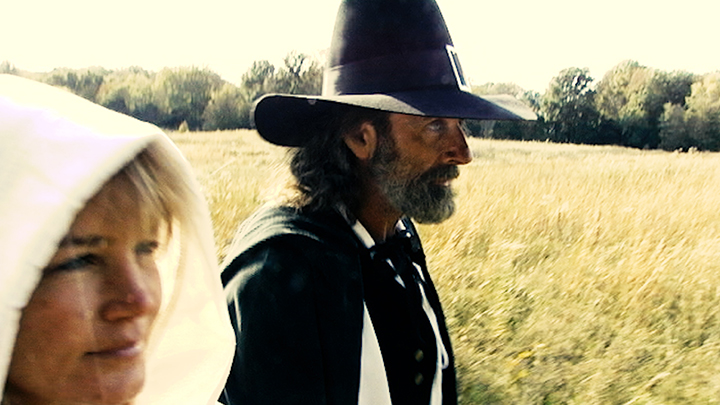
William Bradford walks beside a Pilgrim maid (played by Janice Cunningham)
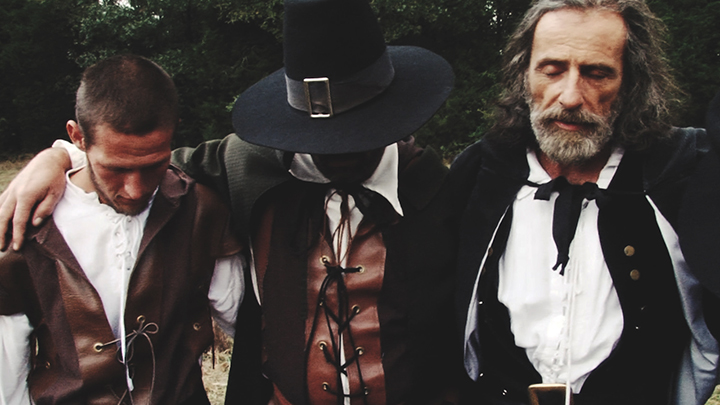
Bradford prays with early Pilgrims at Plymouth
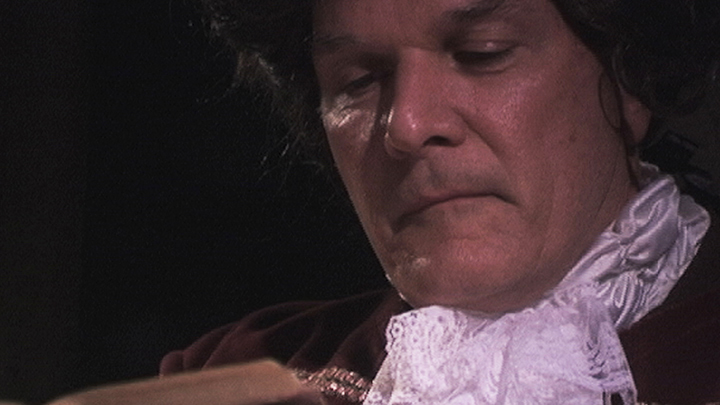
Thomas Paine (played by Larry Dykes) works on the pamphlet, Common Sense
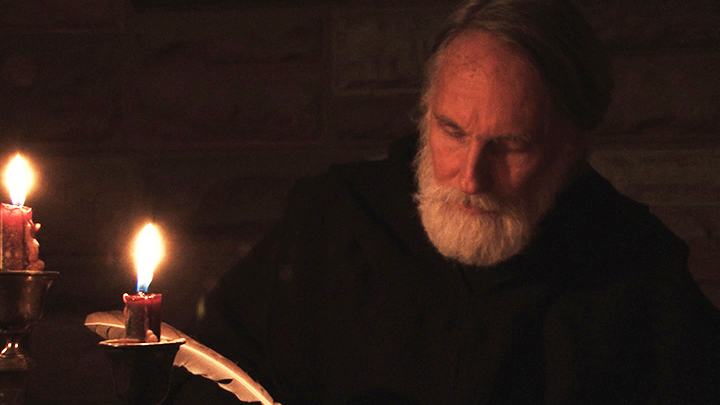
John Wycliffe (played by Bill Earl) translates the Wycliffe Bible (1384)
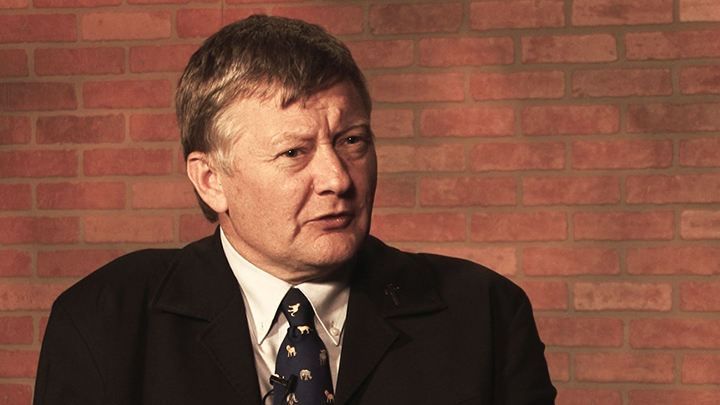
Dr. Peter Hammond speaks on the Reformation influence on America’s founding
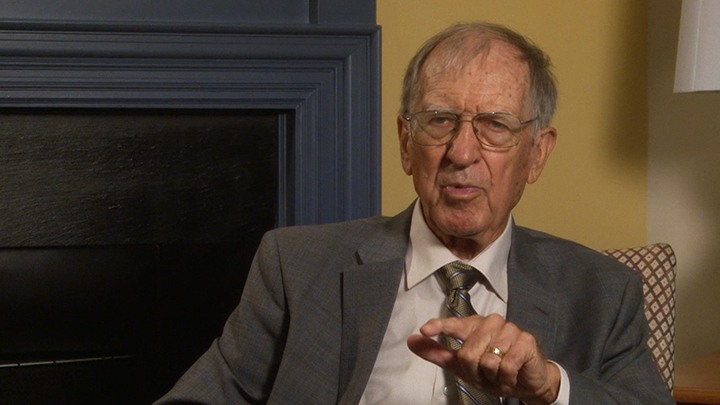
Herbert W. Titus relates the Biblical influence on America’s founding
documents
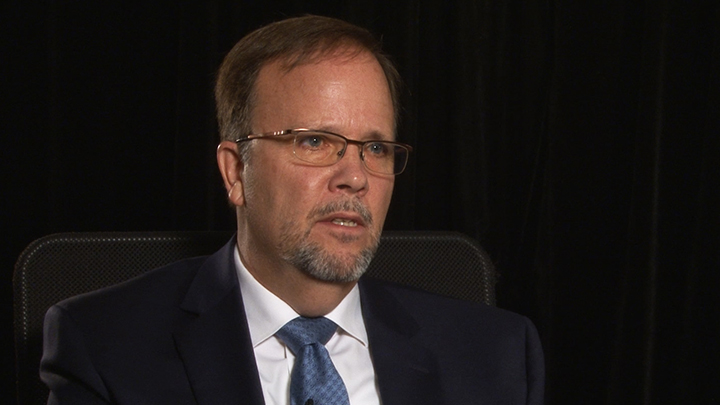
Pastor Matt Trewhella details the meaning of the doctrine of the lesser magistrates

The Magna Carta Monument in Runnymede, England
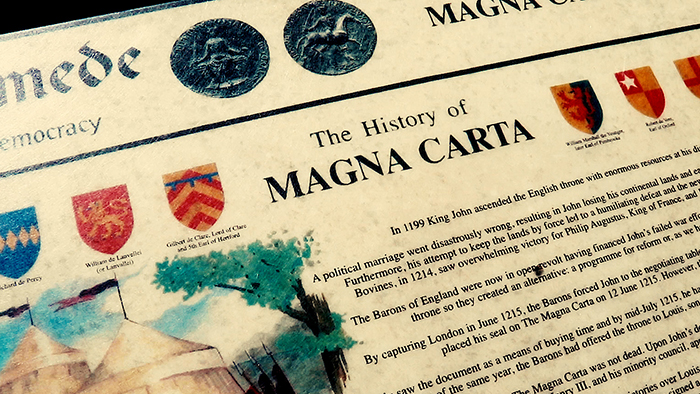
The monument reads that Runnymede was “the birthplace of democracy” because it was there that the great charter was signed in the year 1215 A.D. which limited the power of the king, and protected the rights of the people.
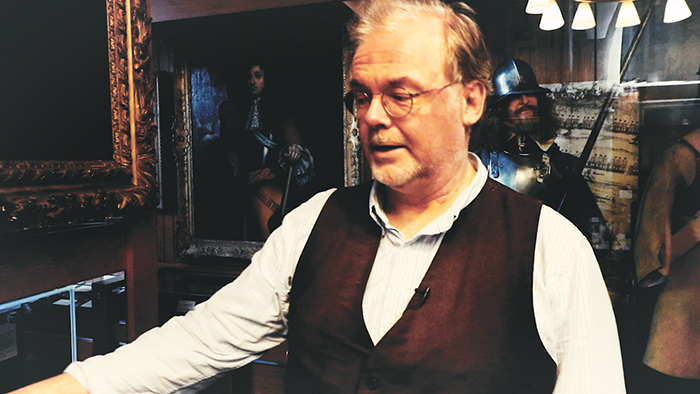
Stuart Orme, Curator of The Cromwell Museum in Huntingdon, England, explains the history of the some of the many artifacts pertaining to Oliver Cromwell.
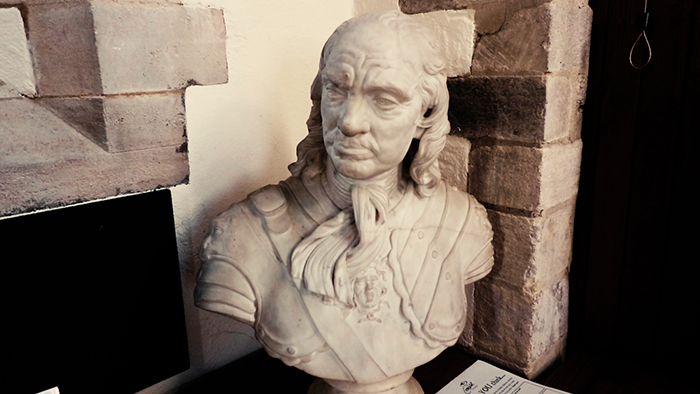
An historic bust of Oliver Cromwell at the Museum. It was Cromwell who is credited with destroying the doctrine of the “divine right of kings.”
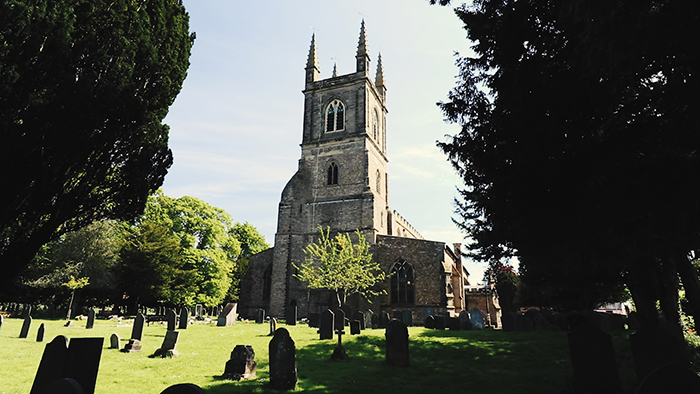
The Lutterworth Church in Lutterworth, England, where John Wycliffe served as the Rector until the end of his life. The church itself is more than 800 years old and the people we met there were truly wonderful..
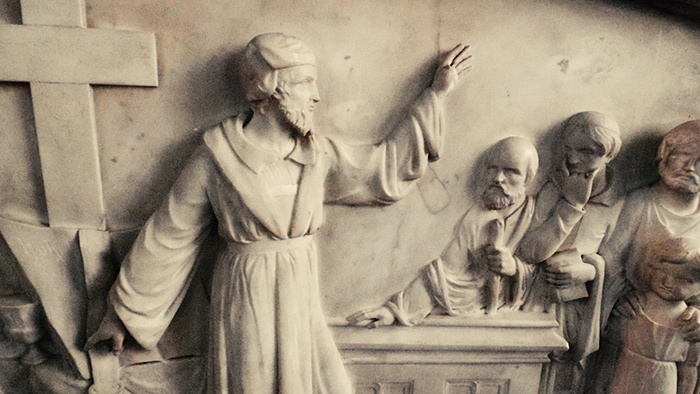
A memorial to John Wycliffe who translated the Bible from Latin into Middle English in the year 1384 A.D.
.jpg)
The engraved text of the memorial, remembering Wycliffe (WICLIF) as the “earliest champion of ecclesiastical reformation
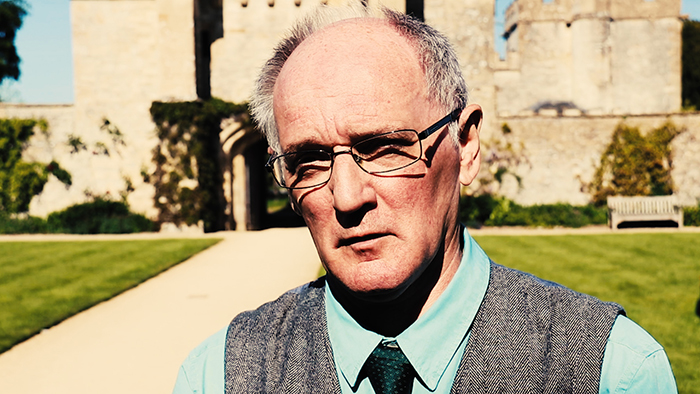
Dr. Alan Marshall, Professor of History at Bath Spa University, England; he is also a member of The Cromwell Association and author of the book, Oliver Cromwell, Soldier: The Military Life of a Revolutionary at War. We interviewed Dr. Marshall for his historic insights on Oliver Cromwell and the English Civil War.
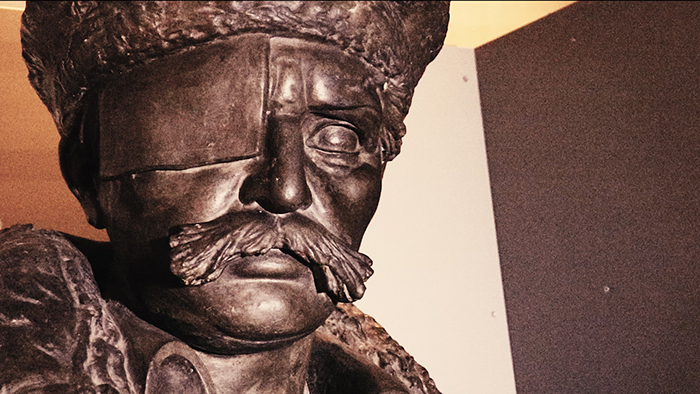
Memorial bust of Jan Zizka at the Hussite Museum in Tabor, Czech Republic. Zizka was the Hussite general who fought against the Inquisition to defend religious liberty during the Hussite Wars.
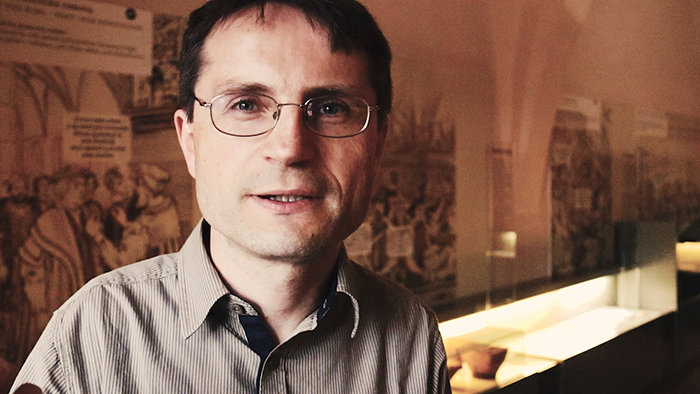
Dr. Zdenek Zalud, author and historian at the Hussite Museum in Tabor, Czech Republic. We interviewed Dr. Zalud for his expert knowledge on Jan Hus, Jan Zizka and the Hussite Wars.
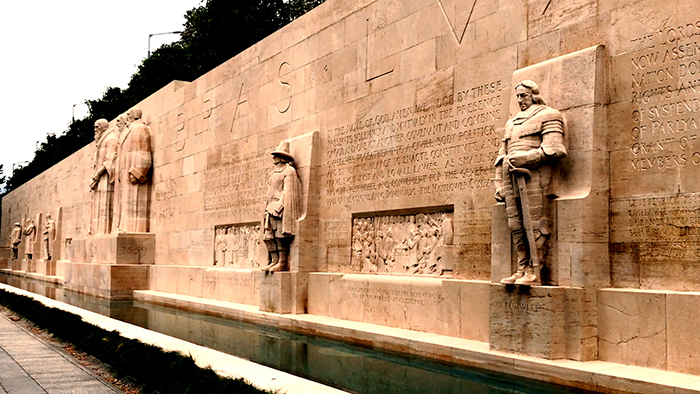
The International Monument to the Reformation, a.k.a. The Reformation Wall -- in Geneva, Switzerland. To the left are the images of Calvin and his chief supporters (William Farel, Theodore Beza and John Knox), while to the right is an image of Oliver Cromwell; and in the middle is the Puritan minister, Roger Williams who was the founder of the colony of Rhode Island.
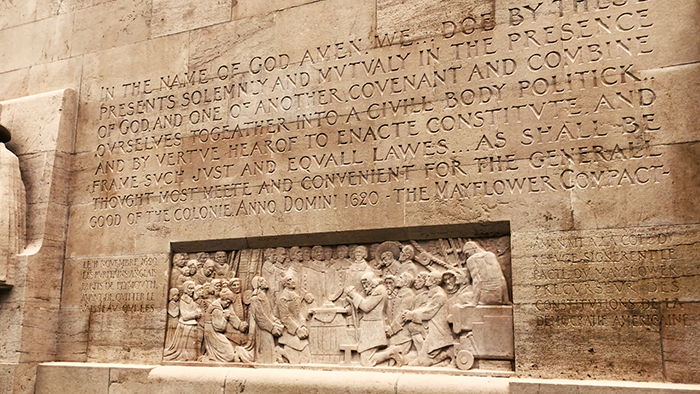
In between the sculptures of Roger Williams and Oliver Cromwell is a bas-relief of the Mayflower Compact of 1620, beginning with the words, “In the name of God amen.” It is clear that the Swiss architects who designed the monument in 1909 saw the founding of America as a part of the Great Reformation.
|
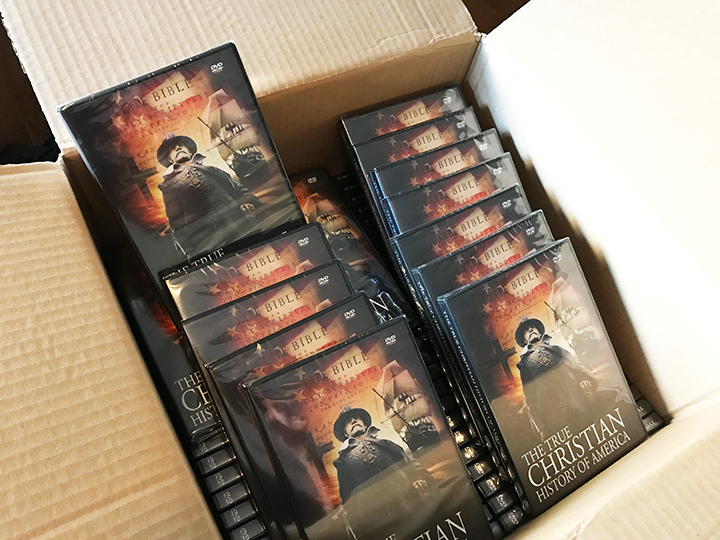
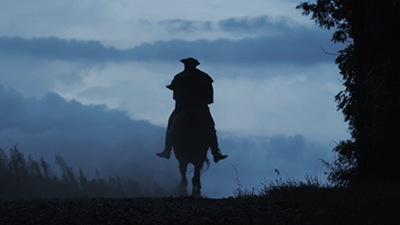
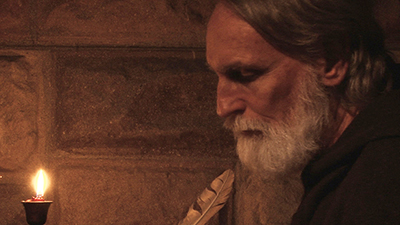

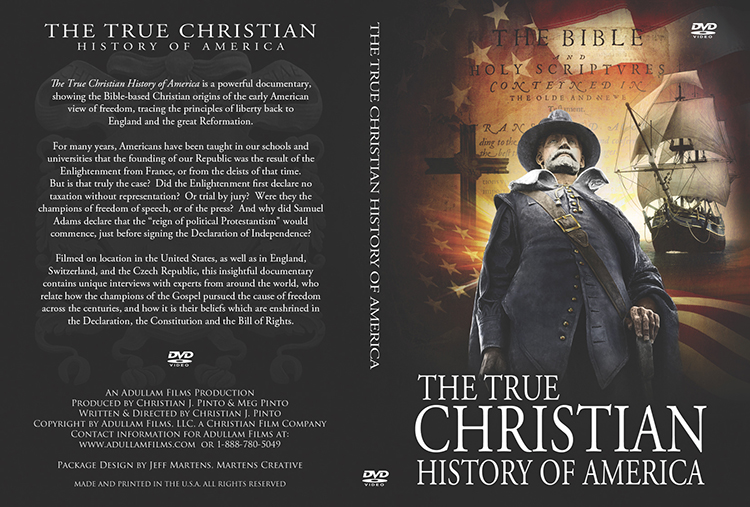














.jpg)





